House Speaker Mike Johnson made his position on tariff authority clear earlier this month when asked whether Congress would reassert its constitutional power on import levies: “I think you’ve got to give the president the latitude, the runway to do what he is elected to do.”
Two days later, President Donald Trump instituted a 90-day pause on some of the “Liberation Day” tariffs he announced April 2, causing chaos in U.S. and global financial markets, but he left in place a universal 10 percent duty on imports and raised tariffs on American imports of most Chinese goods to 145 percent. To make his stance even clearer, Johnson subsequently inserted a procedural measure as part of the budget reconciliation rules that would forestall a congressional challenge to the tariffs for months.
With House leadership running interference to abet the surrender of its members’ own tariff authority, global trade and markets remain at the mercy of Trump’s whims. But two new lawsuits filed last week are asking the courts to enjoin the president’s tariff regime, offering a potential path to halt the duties on an expedited timeline.
The Liberty Justice Center (LJC), a public interest law firm, filed a lawsuit April 14 on behalf of five businesses alleging the tariffs are unconstitutional. The state of California weighed in with its own suit filed Wednesday, mounting a similar challenge.
The cases follow a lawsuit filed by the New Civil Liberties Alliance (NCLA), a nonprofit legal advocacy group supported by Federalist Society co-chairman Leonard Leo, earlier this month on behalf of a Florida stationery company and a separate suit filed by members of the Blackfeet Nation tribe, including one plaintiff who is a Democratic member of the Montana Senate. The former challenges the administration’s first batch of tariffs targeting imports from China; the latter targets the duties on Canadian goods.
All the suits argue that the tariffs, which were levied citing the International Emergency Economic Powers Act (IEEPA), grossly exceed the president’s authority under the law—IEEPA does not mention tariffs nor has it ever been used before to impose such duties. The LJC and California suits both challenge the broader “Liberation Day” measures—the California suit also covers the China, Canada, and Mexico tariffs.
As The Morning Dispatch detailed recently, Congress has delegated some of its tariff power to the president in a few laws, but those statutes require the executive branch to conduct investigations to justify tariffs on products and countries. They stipulate lengthy processes to address specific harmful trade practices and bad actors, requirements that would be doubly challenging to meet for a universal tariff regime where the justifying harm is simply the existence of trade deficits.
“Congress knows how to grant the President authority to impose or adjust tariffs when it wishes to, and it has done so in more limited statutes,” the LJC suit argues. “But the President has decided to avoid the limits on his authority imposed by Congress by finding a new never-before-seen authority under IEEPA.”
LJC maintains the tariff regime is unconstitutional on multiple fronts, each of which would justify the court rolling back the duties imposed by the administration. The suit argues the claimed authority is not substantiated in IEEPA. But even if the president can claim to exercise tariff authority under the statute, the major questions doctrine may be at issue. The Supreme Court has ruled that if the executive branch is trying to use power delegated by Congress regarding an issue of major national significance, then Congress must “speak clearly” in authorizing such power. According to the LJC suit, the immense economic effects of the “Liberation Day” tariffs clearly represent a “major question.”
Recent decisions suggest the Supreme Court could be sympathetic to a major questions challenge. As Northwestern University law professor Steven Calabresi noted earlier this month, the court ruled against the Biden administration several times citing the major questions doctrine, including on student loan forgiveness, the Occupational Safety and Health Administration COVID-19 vaccine mandate, the eviction moratorium during the pandemic, and the Environmental Protection Agency’s attempt to push the power plant industry away from coal.
LJC also argues that if IEEPA includes authority to impose universal tariffs, then the law itself violates the nondelegation doctrine—a more contested legal principle regarding the limits of Congress’ ability to delegate its own authority. When Congress passes laws delegating authority, the statutes must do so according to an “intelligible principle” that stipulate specific standards for the use of the authority “to enable Congress, the courts, and the public to ascertain whether Congress’s guidance has been followed,” the suit notes. Since IEEPA does not mention tariffs, it sets out no such standards or limitations. “If there are any constitutional limits to delegation at all, they apply here, in a case where the executive claims virtually limitless authority to impose massive tax increases and start a worldwide trade war,” LJC said.
The California case makes several similar arguments to LJC but signposted them differently. “Interestingly, California’s complaint doesn’t use the terms ‘major questions’ and ‘nondelegation,’ both of which have negative connotations for some on the left,” Ilya Somin, a law professor at George Mason University working on the LJC suit, wrote last week. “But they cite the relevant precedents and make the relevant points.”
If the courts issue temporary restraining orders (TROs) or preliminary injunctions in the LJC or California cases, most or even all of the president’s IEEPA tariff regime could be halted while the litigation plays out. On Friday, LJC filed a request seeking a TRO and a preliminary injunction. Jeffrey Schwab, LJC’s lead attorney on the case, told The Dispatch that ideally the court would enjoin the tariffs by the end of this week.
To justify a quick halt to the tariffs, the plaintiffs bringing a lawsuit must demonstrate proof they’ll suffer irreparable harm in the near term if the court doesn’t take action. In the LJC suit, the plaintiffs are all small businesses, including a specialized liquor importer and distributor based in New York, a Utah company that manufactures plastic drainage pipes in the U.S. using resin imported from Taiwan and South Korea, and a Virginia business that makes educational electronic kits and musical instruments using components imported from China, Mexico, Taiwan, and Thailand.
“We are required to post our prices with the State Liquor Authority a full month in advance, so we’re locked into pricing decisions that don’t account for these sudden, unpredictable tariffs,” said Victor Owen Schwartz, the liquor importer. “This is devastating to our ability to operate and support the farmers and producers we work with around the world.”
Unlike corporations with large capital reserves, small businesses affected by the tariffs may be unable to keep paying the duties and wait for compensation until after the case is resolved in court. “I think it would be harder for, say, a Walmart to show irreparable harm, because at the end of the day, they could pay the tariffs, stay in business, and get a rebate of $3 billion in a year,” Peter Harrell, an attorney who specializes in international regulatory issues and served as the senior director for international economics in the Biden White House, told The Dispatch (Harrell’s writing on the tariffs is cited in the LJC filing). “Some of these small guys, on the face, it seems plausible if they’ve got to pay all these tariffs, they might not be able to make ends meet.”
LJC could face some hurdles given the jurisdiction it chose to file in: the Court of International Trade (CIT). As our own Sarah Isgur noted on Advisory Opinions, the CIT has jurisdiction over legal challenges involving laws that provide for tariffs, potentially offering support to the government’s claim that IEEPA is a law providing for tariffs. The other suits were filed in the regionally relevant district courts, and the government has filed motions trying to transfer them to CIT. Schwab, the LJC attorney, told The Dispatch he’s prepared to contest an argument trying to attach the jurisdiction to the merits questions at the heart of the case. He also emphasized the arguments in the suit that would still apply even if IEEPA is assumed to authorize tariffs.
Schwab believes his case may be best positioned to get temporary relief quickly from the court, but he’s glad to see other challenges coming from parties as wide-ranging as conservative legal groups and Democratic politicians in Montana and California. “It also represents that this really is not a partisan matter,” he said. “This is about the harm to businesses and the power of the president. I don’t view this as a political thing at all.”
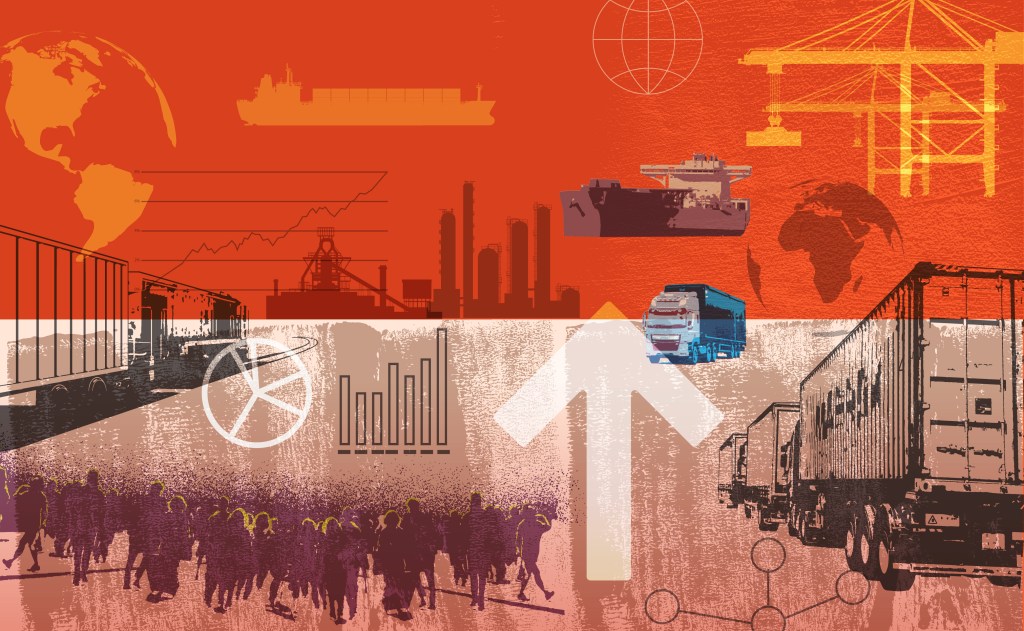

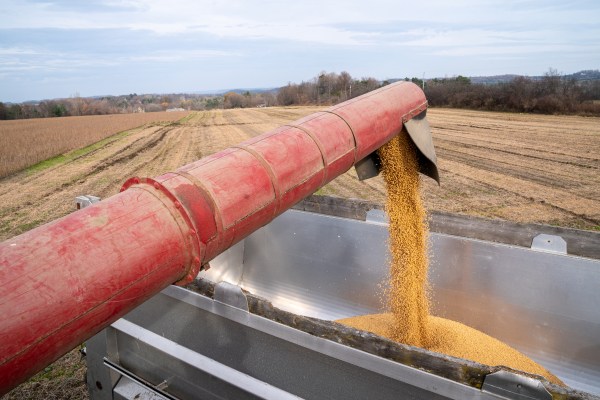
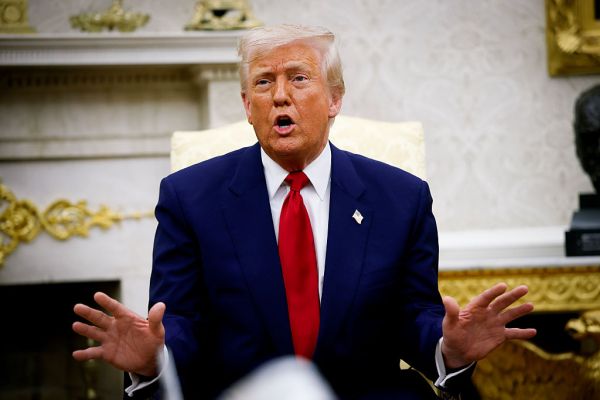
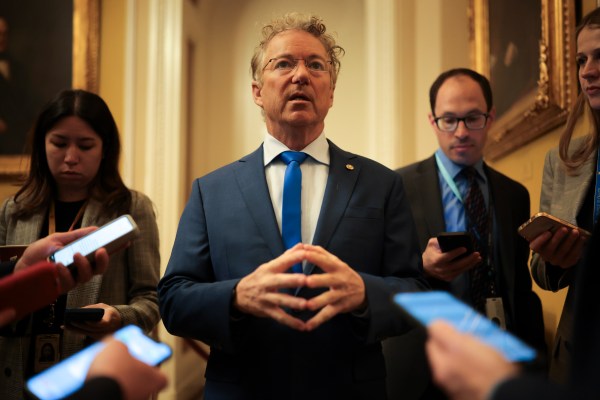
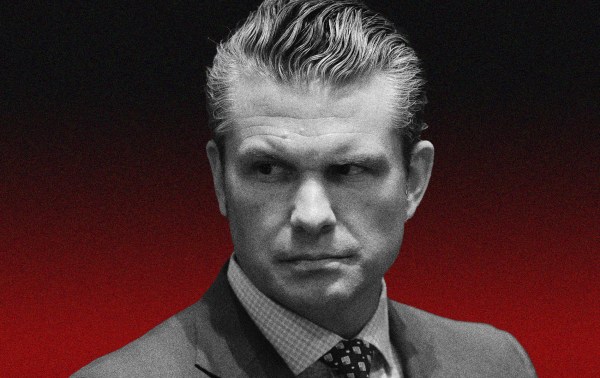

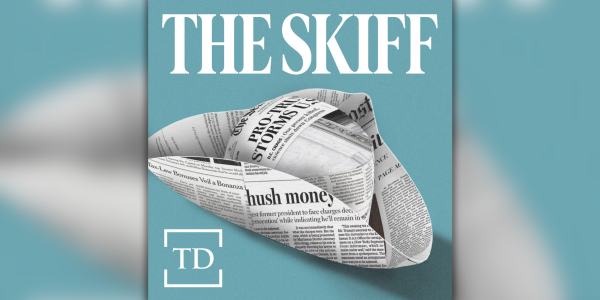
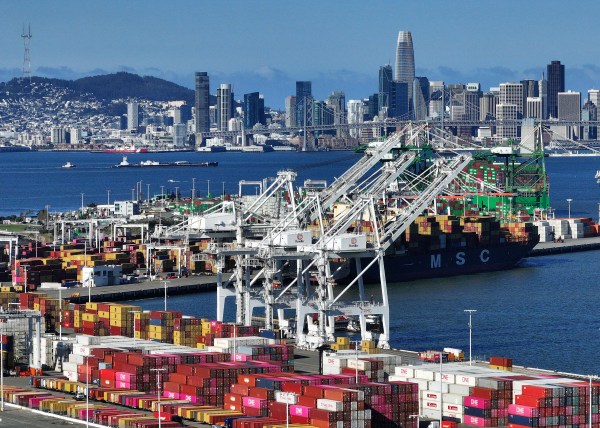

Please note that we at The Dispatch hold ourselves, our work, and our commenters to a higher standard than other places on the internet. We welcome comments that foster genuine debate or discussion—including comments critical of us or our work—but responses that include ad hominem attacks on fellow Dispatch members or are intended to stoke fear and anger may be moderated.
With your membership, you only have the ability to comment on The Morning Dispatch articles. Consider upgrading to join the conversation everywhere.